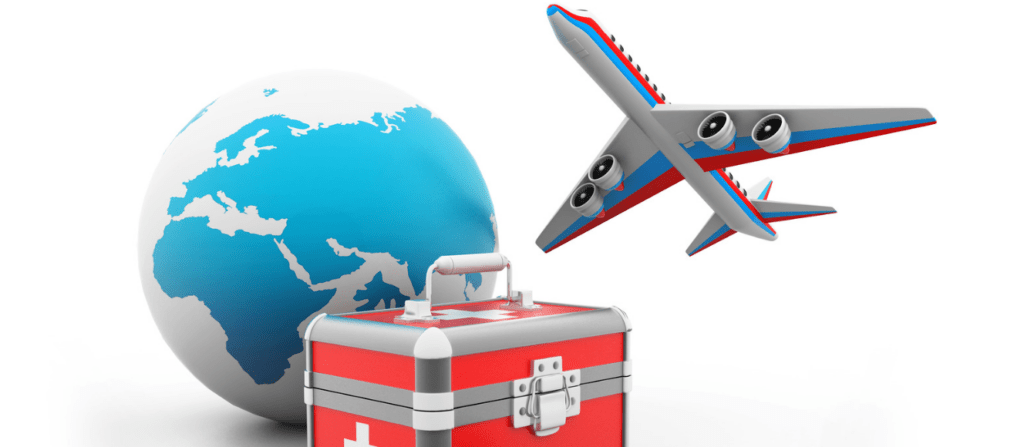India’s medical tourism industry is prospering, thanks to its developments in healthcare, highly-qualified doctors, and paramedical staff. Patients both from overseas and within the country visit for intricate and complex operations and treatments to improve their physical and mental well-being.
Since the last decade, medical tourism has witnessed a remarkable demand. However, traveling to other countries for medical purposes is a very careful preparation. Successfully executing a medical trip requires meticulous planning.
Various factors must be taken into consideration to ensure a smooth, stress-free, and pleasant experience. Right from selecting the best hospital and doctors, to budgeting, booking accommodation, traveling to the destination, and returning, everything must be done properly.
Following are the 10 things that you should consider while planning your medical tourism trip:
1. Research about the hospital
- Before planning a trip for medical treatment, it is important to obtain all available information about the hospital. Research pre-operative services, the success rate of surgeries, costs, and post-operative services including attendant accommodations and services.
- To determine if a hospital is reputable, one should check if it has been accredited by a reputable body such as the National Accreditation Board of Hospitals & Healthcare Providers (NABH) and Joint Commission International (JCI). Furthermore, one can inquire from doctors or people familiar with the hospital about its standards. Online research can also be done to gain insight into the hospital.
2. Research about the doctors
- Researching the hospital and delving into the doctors present is essential prior to plan medical tourism. Not all doctors are subjected to the same vetting process as the hospital, particularly the surgeon performing the procedure.
- Doing an extensive search on the internet can furnish you with all the necessary facts about a doctor. From past surgeries and successes, to license status, these details are essential to know before deciding to be treated by them.
3. Find someone to accompany you or attendant
- Traveling for medical purposes–either internationally or domestically–requires having a companion or attendant. As any surgical procedure carries the potential for complications, having a close friend or family member with you is essential.
- Having a companion or attendant with you during the healing period can provide both moral and physical support. They can also help you with day-to-day tasks and remain with you at a nearby hotel.
4. Carry all Necessary Medical Records
- Bring all earlier and existing medical documents with you if you plan to travel for surgery. These should include the medical history, lab results, medicines (including prescriptions), and x-rays.
- Along with the medical records, make sure you keep a handy document in the medical record file that includes any allergies or sensitivities that you may have. These will help doctors during the treatment.
5. Book your stay in advance
- Staying at the location for an extended period before and after a medical procedure is a requirement for medical tourism. Surgery and recovery will usually require a stay at a hospital, but once the body has healed, the patient will need to move to a nearby hotel until they receive full clearance from their doctor to travel a long distance.
- The area around the hospital has numerous hotels specifically designed for patients and their companions to stay in. They provide excellent services as well. You can also book rooms at an economical price through trustworthy websites.
6. Do look for discounts
7. Contacting a medical tourism facilitator can be a great idea!
Medical Tourism Service Agencies are providing hassle-free medical tourism experiences for patients through their agents. These agents can help to identify a suitable destination, quality hospital, and qualified medical professionals for the surgery. They can also help book any necessary accommodation.
Agents possessing expertise in offering valid advice and assistance are well-equipped to do so, due to their inspection of numerous hospitals, meetings with doctors, and secure connections with affiliates. They are informed of the quality of healthcare and can suggest a surgeon and hospitals fit a patient’s needs.

